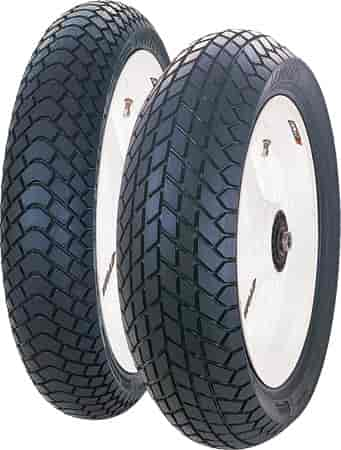Hi everyone,
i just got a 2016 CBR500R (with ABS) as my first bike, and I'm very excited to ride it even in the winter.
i heard its bad for the motorcycle engine to ride it in cold weather (such as below 0 Celsius).
Does his still hold true for the modern motorcycles nowadays? Because if a car engine can do it, I don't see why motorcycle engine can't?
i just got a 2016 CBR500R (with ABS) as my first bike, and I'm very excited to ride it even in the winter.
i heard its bad for the motorcycle engine to ride it in cold weather (such as below 0 Celsius).
Does his still hold true for the modern motorcycles nowadays? Because if a car engine can do it, I don't see why motorcycle engine can't?


